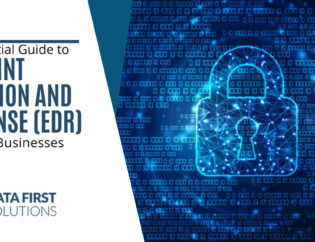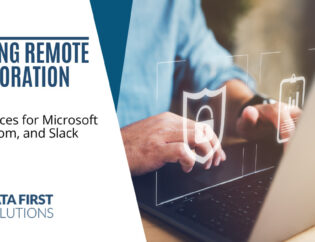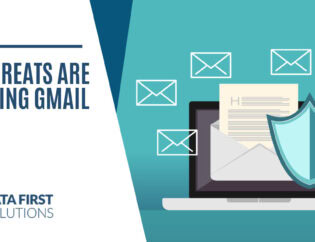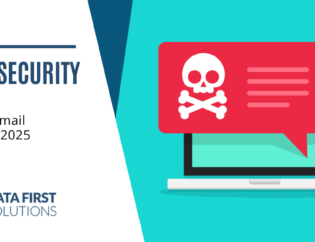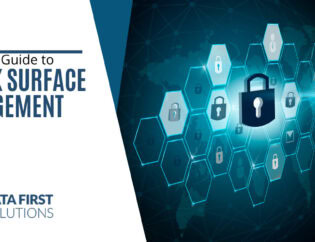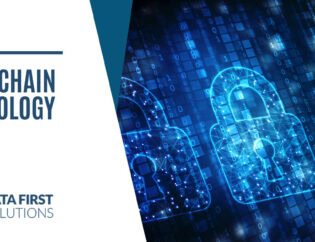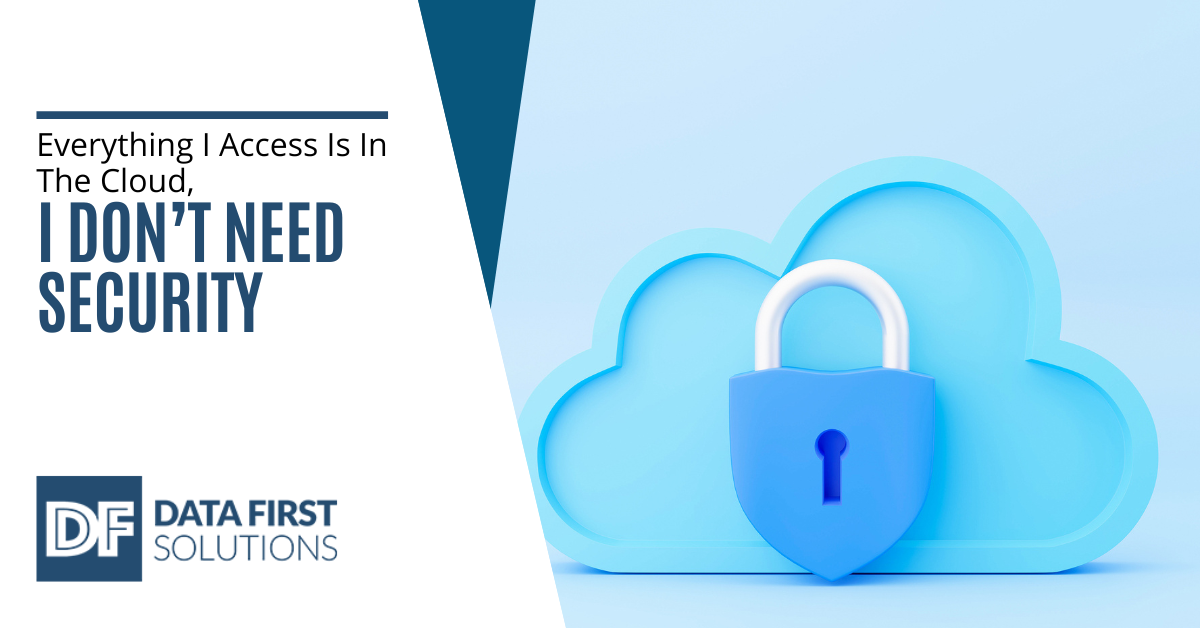
Did you know that cybercrime, as reported by the Internet Society, costs businesses an estimated $600 billion annually? Or that many data breaches occur due to human error? These statistics should serve as a wake-up call to the importance of protecting our devices and the sensitive information stored on them.
Your device, whether it be a computer, smartphone, or tablet, serves as the gateway to the cloud and the internet. If it is not protected, cybercriminals can gain access to your information, causing irreparable damage to your personal and financial life.
In this article, we will dive into the dangers of relying on cloud security alone, the risks associated with unsecured devices, and the steps for protecting your information.
The Risks of Relying on Cloud Security Alone
While the cloud offers numerous benefits, such as increased storage capacity and remote access to data, relying solely on cloud security can be risky. Here are a few key reasons why relying on cloud security alone can be dangerous:
- Cloud Providers Can Be Hacked
Despite their best efforts, cloud providers can still be vulnerable to cyber-attacks. If a cloud provider is hacked, your data can be compromised, potentially leading to data breaches and identity theft.
- Human Error Can Lead To Data Breaches
Cloud security measures can be rendered useless if users engage in risky behavior, such as using weak passwords or falling for phishing scams.
- Insufficient Data Protection
Some cloud providers may not offer sufficient data protection measures, such as encryption, to keep your information secure.
- Legal And Regulatory Compliance
Depending on the industry, there may be specific legal and regulatory requirements for data protection and privacy that cloud providers may not be able to meet.
- Limited Control Over Data
When using cloud services, you surrender control over your data to the cloud provider. This can limit your ability to control who has access to your information and how it is used.
The Importance of Protecting Your Device.
Your device, whether it is a computer, smartphone, or tablet, serves as the gateway to the cloud and the internet. It is essential to protect this device, as cybercriminals can gain access to sensitive information.
Here are a few key reasons why it’s crucial to protect your devices:
- Prevent Identity Theft And Financial Fraud
By securing your device, you can reduce the risk of cybercriminals stealing your personal and financial information, which can lead to identity theft and financial fraud.
- Safeguard Sensitive Information
Your device may contain sensitive or confidential information such as business or personal documents, confidential emails, and financial records. Protecting your device can ensure that this information remains secure.
- Avoid Costly Repairs And Replacements
Malware infections can cause serious harm to your device, leading to costly repairs or replacements. By protecting your device, you can avoid these expenses.
- Maintain Privacy
Cybercriminals can use unsecured devices to spy on their owners, intercepting personal and sensitive information. Protecting your device helps to maintain your privacy and keep your information secure.
- Stay One Step Ahead Of Cyber Criminals
Cybercrime is an ever-evolving threat, and it is essential to stay ahead of the curve by implementing the latest security measures. Protecting your device helps to reduce your risk of exposure to cyber-attacks.
Steps You Can Adopt to Protect Your Devices
Protecting your devices is critical to ensuring the safety of your sensitive information even if they are stored in the cloud. Here are a few steps you can take to secure your device.
- Use strong passwords: Use strong and unique passwords for all account types, and do more by considering the use of a password manager for keeping records of multiple passwords.
- Keep your apps and software current and updated: Regularly update your operating system, browser, and other software to ensure that you have the latest versions of security patches and system features.
- Be wary of public Wi-Fi: Public Wi-Fi networks can be vulnerable to cyberattacks, so avoid accessing sensitive information on these networks or use a virtual private network (VPN) for added protection.
- Educate yourself: Stay informed about the latest cyber threats and learn about best practices for device security.
Take Steps to Upgrade Your Security
Relying solely on cloud security is risky and you need strong device security to protect against cyberattacks and data breaches. Data First Solutions can help with a full range of IT services, including security, to secure your devices and sensitive information.
Contact us at (416) 412-0576 or reach us online.
